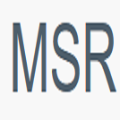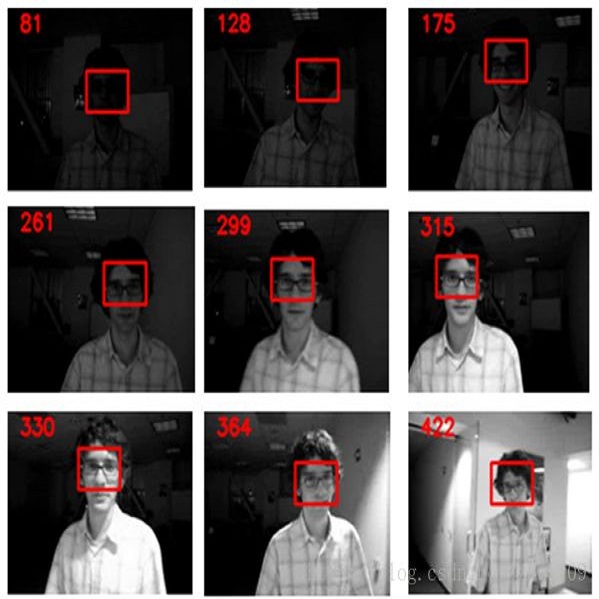Everyone "knows" that compressing a video will degrade the accuracy of object tracking. Yet, a literature search on this topic reveals that there is very little documented evidence for this presumed fact. Part of the reason is that, until recently, there were no object tracking datasets for uncompressed video, which made studying the effects of compression on tracking accuracy difficult. In this paper, using a recently published dataset that contains tracking annotations for uncompressed videos, we examined the degradation of tracking accuracy due to video compression using rigorous statistical methods. Specifically, we examined the impact of quantization parameter (QP) and motion search range (MSR) on Multiple Object Tracking Accuracy (MOTA). The results show that QP impacts MOTA at the 95% confidence level, while there is insufficient evidence to claim that MSR impacts MOTA. Moreover, regression analysis allows us to derive a quantitative relationship between MOTA and QP for the specific tracker used in the experiments.
翻译:每个人“ 都知道” 压缩视频会降低对象跟踪的准确性。 然而, 有关这个专题的文献搜索显示, 很少有文件证明这一推定事实。 部分原因是, 直到最近, 还没有为未压缩视频提供物体跟踪数据集, 这使得研究压缩对跟踪准确性的影响变得困难。 在本文中, 我们使用最近公布的数据集, 其中载有未压缩视频的跟踪说明, 使用严格的统计方法, 检查了视频压缩导致跟踪准确性下降的情况。 具体来说, 我们研究了量化参数(QP) 和动作搜索范围(MSR) 对多对象跟踪准确性(MOTA) 的影响。 结果显示, QP 影响 MITA 95% 的置信度, 而没有足够证据证明 MSR 影响 MOTA 。 此外, 回归分析使我们能够从MOTA 和 QP 之间的量化关系中得出实验中使用的具体跟踪器 。





